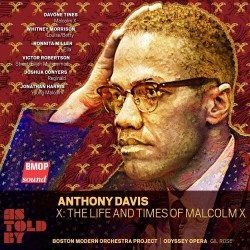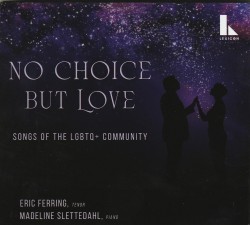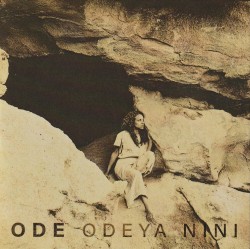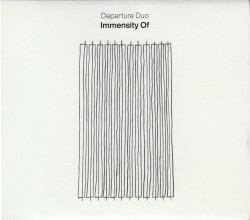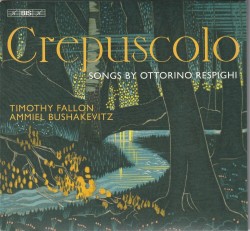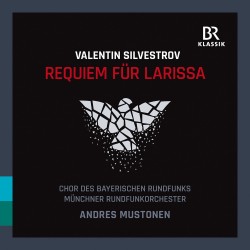Uġis Prauliņš – L’homme Armé - Ars Antiqua Riga; Péteris Vaickovskis; Jānis Pelše
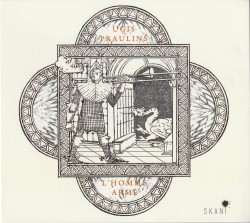 Uġis Prauliņš – L’homme Armé
Uġis Prauliņš – L’homme Armé
Ars Antiqua Riga; Péteris Vaickovskis; Jānis Pelše
LMIC SKANI 142 (skani.lv)
One of the most frequently quoted melodies in Renaissance history, L’homme armé is a secular song from the Late Middle Ages used in over 40 separate settings of the Ordinary of the Mass. Two masses by Josquin, as well as compositions by Pierre de la Rue, Guillaume Du Fay, Palestrina and other luminaries of the time, have ensured that L’homme armé continues to be remembered and recognized by audiences and aficionados even today.
Rather than simply being an artifact from the past, composers still use this melody in their works, as demonstrated in Ars Antiqua Riga’s recent release of Uģis Prauliņš’ L’homme armé, a time-bending journey through plainchant, Renaissance-style polyphony and modernism. Instead of trying to simply reimagine the historical sounds and styles of previous composers, Prauliņš integrates this immediately recognizable tune into his own inimitable style, incorporating organ, sackbut and electronic instruments to great effect.
To say that Prauliņš’ L’homme armé is a revelation is an understatement, especially when one considers that this work is structured around the Ordinary of the Mass. Unlike Renaissance settings which were restrained by the required inclusion of certain movements, Prauliņš expands the standard structure of the Mass, incorporating additional texts to overcome both the dramatic and temporal limitations of the traditional form.
While much of Prauliņš’ music is “atmospheric,” the aural impact of L’homme armé is stunningly indescribable, and there is not enough space in this review to include a suitable number of superlatives. Ars Antiqua Riga and its director Pēteris Vaickovskis give an extraordinary performance; a treasure for all who appreciate choral music executed at the highest level.


